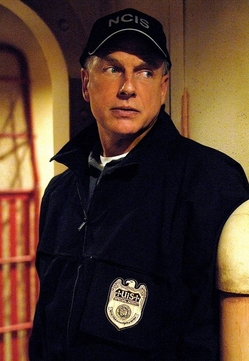Sometimes the way to where you need to go isn’t a straight line. And it isn’t the way your brain tells you to go. It isn’t where others direct you, either. But to get there, you must pass through the other options.
One of my favorite bloggers, Deborah Bryan wrote yesterday about her “Further adventures in the Heart-Head War“. She wrote what many of us feel:
Until very recently, with rare exception, I thought the two had to be working in perfect unison; the fact they were not meant I was missing the mark, somehow.
As a Heart-Head Warrior, I know this. I’ve felt this. Reading these words this morning brought back my own combat experience.
During my final year of seminary, after being trained to deal with a world using both of these components, I entered the final phase before ordination. In the course of one simple meeting, my entire ordination process was spinning out of control and I was being pushed back. The bishop described that the group was worried that I was operating out of balance: that I was too “in my head” and wasn’t using enough “heart”.
My initial response was “that’s awfully ‘head’ of you to suggest!” But I refrained.
I have always struggled with the life of the mind and the life of the spirit. I have been trained to be pragmatic and critical. I did well in school precisely due to these functions. The hoops I jumped through to progress my ordination were completed precisely because of the “head”. I was pissed about it for a long time.

Things changed after I took the Enneagram inventory and discovered that I operate out of my gut. When I deal with conflict, I feel it in my gut. When I need to make decisions, I don’t simply reason which is best or reflect on how it makes me feel, I test it in my gut to see if its right. One of my favorite TV characters is Leroy Jethro Gibbs. And my gut is sizable, so it must be advanced!
In learning this, I discovered that I live in my gut, not my head. That I reside in the place that actually makes the decisions and feels the challenge in them. I don’t have a heart-head problem because it isn’t such a simple paradox as that. Thoughts and feelings are both inferior to response and decision for me.
The initial diagnosis was incorrect. But that doesn’t mean that I was right all along. Perhaps I was operating out of the wrong space. I was also making decisions that weren’t in respect to the room I was in. When I came back later, I blew most of the same people away with my transformation, but I didn’t feel all that different. I just felt more like me; the me I was before seminary and the me I thought I would be while I was in seminary. I was honest, direct, respectful, contemplative, and most of all, centered.
For me, that’s all gut.
Leave a Reply